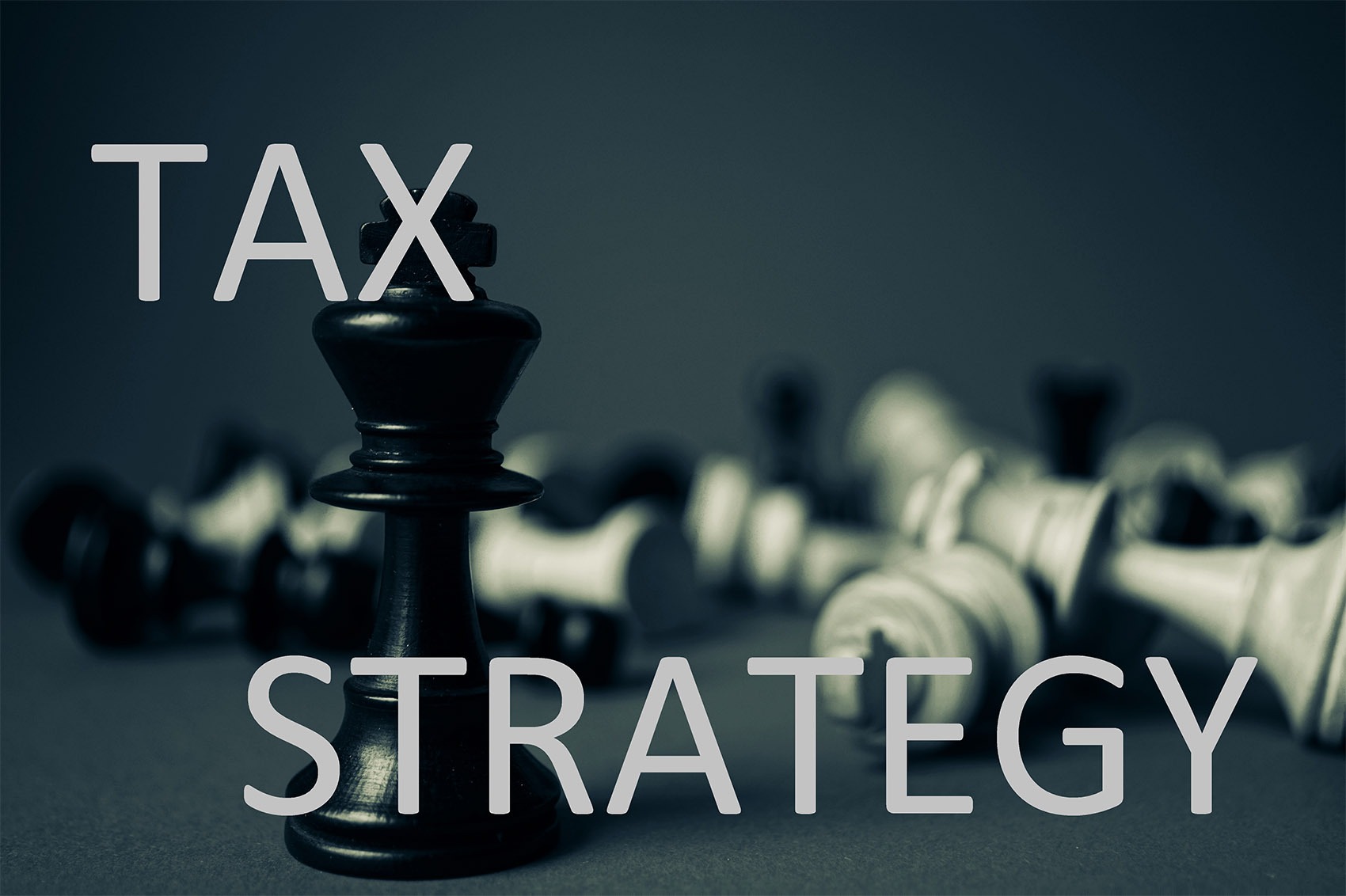A recent survey found that a majority of Americans haven’t decided how their estate should be divided after their passing. Yahoo Finance’s article, “Estate Planning Is Important for People Without Children,” reminds us that complications arise for people who are single without children, unmarried cohabitating couples or even married couples without kids. While the surviving spouse usually inherits all of the married couple’s assets, in the absence of an estate plan, things can and sometimes do go sideways.
There can be unintended beneficiaries, and this is especially true for singles. Complications and unintended consequences make it critical for singles and married couples without kids to plan for the distribution of their assets, as well as how to take care of themselves, if they become incapacitated.
Everyone’s estate plan should have, at the bare minimum, a will and powers of attorney (POA) for financial and health care decisions. Powers of attorney are used in the event that an individual is unable to make decisions for him or herself. Married couples typically default to the spouse. However, if a couple is in a long-term relationship without a legal relationship, (not married), then the powers of attorney are crucial. If you fail to name a person in a POA, the default may be a parent or sibling to whom you’re not physically or emotionally close. As a result, that person will be able to make decisions that may be contrary to what your partner would carry out according to your wishes.
Think hard about who you’d want to be a power of attorney. That person should have strong character and the ability to make tough decisions. After your POAs are created, think about the beneficiaries of your assets. When you do this, speak with your family members about these decisions.
For those couples without children, they may have favorite charities and may want to leave a gift to these organizations. As far as taxes are concerned, making charitable distributions while you’re alive is more efficient. The donor gets both an income tax deduction and a gift tax deduction, based on the amount of the gift.
One popular option is to create a donor-advised fund, which lets you take a current-year tax deduction on the fair market value of any gifts to the fund. The money doesn’t need to be immediately donated, allowing you time to make a decision on which charity to select.
Who you rather leave outright gifts to charity after your death? You can earmark money in IRAs, instead of other assets. A charity does not pay taxes on the retirement funds, but a non-charity beneficiary must.
You could also set up a charitable foundation with instructions on how to distribute the donation over time. An estate planning lawyer can help you do this. This lets your philanthropic objectives continue for years to come.
Reference: Yahoo Finance (February 16, 2017) “Estate Planning Is Important for People Without Children”


